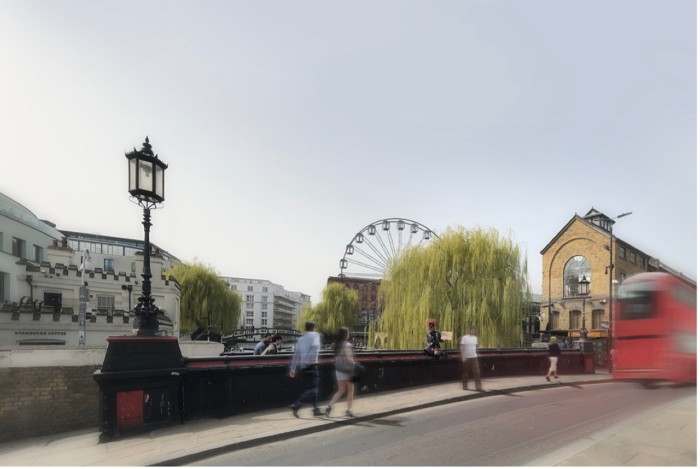The government‘s plans to liberalise Sunday trading laws will be blocked after the SNP decided to vote against the measure.
Chancellor George Osbourne announced plans in July to give mayors the power to regulate Sunday trading in their own areas. Under the current law, shops larger that 3,000sq ft may only open for up to six hours on a Sunday.
Supporters of reform claim that allowing such stores to remain open for longer would help rejuvenate high streets, whilst opponents have said that it would simply give increased popularity to out of town shopping centres and reduce Sunday revenue for smaller stores.
The SNP‘s newfound opposition comes after the shop worker‘s union Usdaw convinced the party that normalised trading hours in England and Wales would prompt large retailers to set a lower standardised wage for workers across the UK. This would threaten workers in Scotland, who currently receive a special wage premium for working on Sundays.
“SNP MPs could hold the balance of power in the House of Commons on Sunday shopping and we will not undermine shop workers,” said Angus Robertson, the SNP‘s Westminster leader. “This legislation will impact on workers in Scotland and elsewhere in the UK and no pay safeguards have been offered by the Westminster government. The SNP will continue to work with the representatives of shop workers and we will oppose the Tory proposals.”
The Conservatives were already facing the prospect of a small party rebellion over the proposed laws, as many MPs support the ‘Keep Sunday Special‘ campaign on religious grounds.
It is likely that the SNP will be criticised over the Evel principle: the recently introduced principle of English votes for English laws, due to the fact that the proposed reforms would only affect mayors in England and Wales. However, as the proposal has the potential to impact workers in Scotland, the SNP are likely to label it as unfair to Scottish voters and maintain their stance.
























